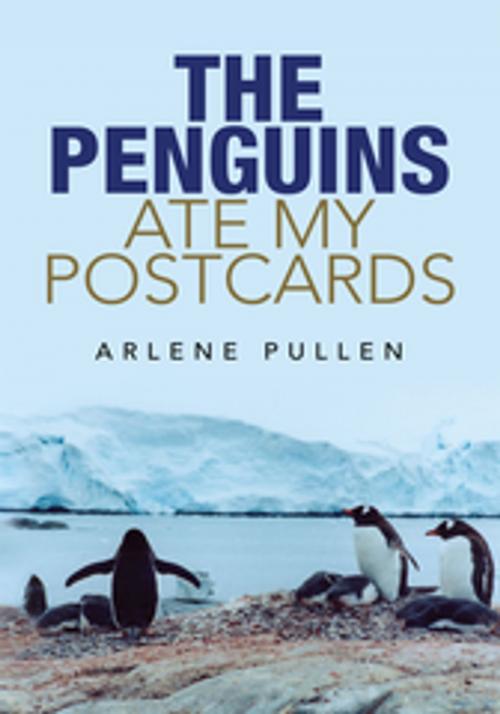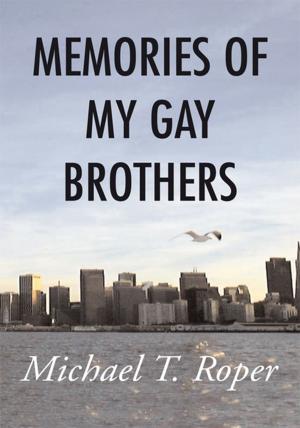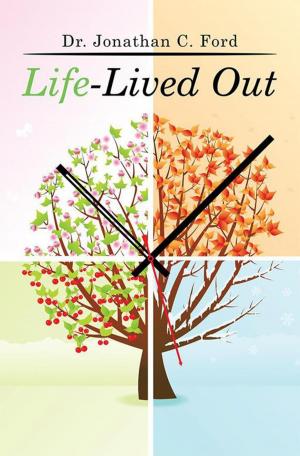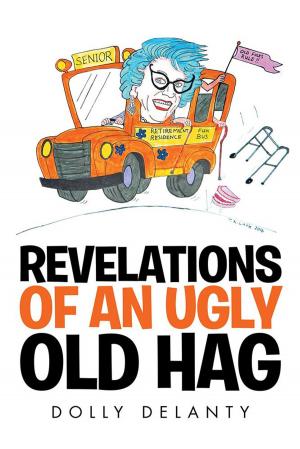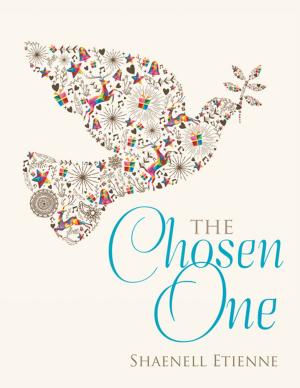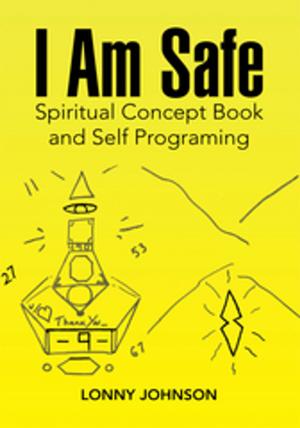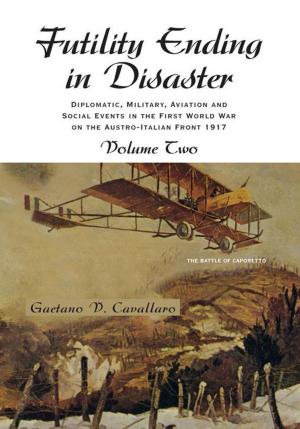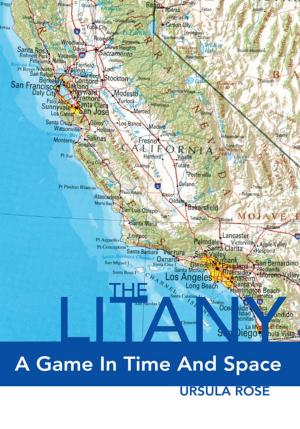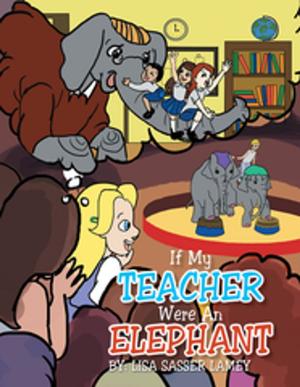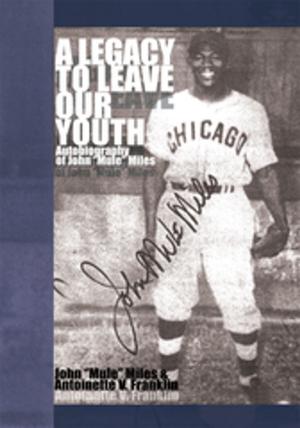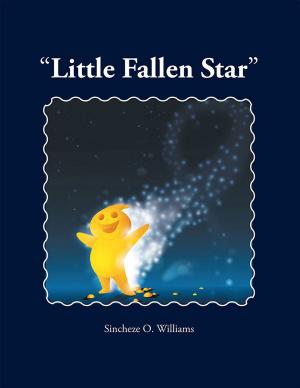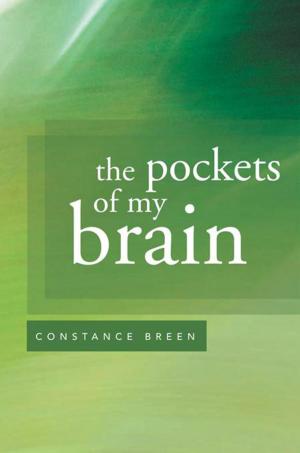| Author: | Arlene Pullen | ISBN: | 9781477160251 |
| Publisher: | Xlibris US | Publication: | April 2, 2008 |
| Imprint: | Xlibris US | Language: | English |
| Author: | Arlene Pullen |
| ISBN: | 9781477160251 |
| Publisher: | Xlibris US |
| Publication: | April 2, 2008 |
| Imprint: | Xlibris US |
| Language: | English |
The Penguins Ate My Postcards tells the story of one womans connections with people and places as she traveled around the world. It consists of essays, grouped by theme, of varying lengths and moods. They can be read in any order and independently of one another. Sections One provides anecdotes about people the author met in the USSR, Australia, Cambodia, and Europe. Most of their stories are light and entertaining, but they all identify some characteristics of human beings in specific situations all of us have faced. Section Two through Section Five describe some of the places the author has traveled. She combines her feelings as she stood atop mountains or glaciers and watched the sun set behind them with the reality of the beauty she was capturing with her camera. Some of the essays are memoirs from the time when Communism ruled a vast part of the world, and traveling was different in Iron Curtain countries from what it is now. Shell take you on her taxi ride through Checkpoint Charlie in Berlin and on her train ride from Leningrad through the Baltic countries and Poland into East Berlin. Because the author was a teacher, shell share with you some of the literary and historic sites she visited, combining some facts with her impressions and some incidents that occurred in those places. Youll laugh along with her as she compares the people she met with beloved literary characters youll remember from your high school and college English classes. Youll become pensive when she relates stories about genocide and civil strife in some of the Asian countries she has visited. Youll share some of her professional experiences as she visited schools in South Africa, Cambodia, England, China, and Vietnam, with her focus being on the conditions in which teachers and students interacted for learning. Youll remember the children. Some of the essays contain anecdotes about encounters with penguins in Antarctica, polar bears in the tundra, kangaroos in Australia, and camels in Egypt. The settings of her tales are diverse, and the enjoyment of being close to wild animals in their native habitat is strong. Youll walk alongside waterfalls, down mountain trails, within the remains of ancient civilizations, and in buildings constructed for some unique reasons. Section Six deals with the benefits of traveling, as the author illustrates some of the rules governing safe travel, especially for a woman traveling alone. She writes about the danger she encountered when the airplane tires blew while the plane was above the Himalayan Mountains, and when she walked alone in some remote places. She provides humorous stories dealing with language differences in European countries. One essay extols the value of having a competent travel agent and tour guide, again with anecdotes that identify the relationship she had with agents who prepared some of her trips. Finally, the book answers the most frequently asked question of experienced travelers: Whats your favorite place? The Penguins Ate My Postcards is an enjoyable collection of informal, personal essays that will keep you interested in the people and places being featured as they give you a strong impression of the location in which the events occurred. These essays are not the result of someones imagination; the incidents actually happened, and the author was an eye-witness to them. As you read, youll recognize that the author has separated life into serious situations and light, humorous moods, but she treats all the participants with the respect and sensitivity necessary to tell their stories. Perhaps, after you read The Penguins Ate My Postcards youll want to explore the world and find your own adventures. Happy reading.
The Penguins Ate My Postcards tells the story of one womans connections with people and places as she traveled around the world. It consists of essays, grouped by theme, of varying lengths and moods. They can be read in any order and independently of one another. Sections One provides anecdotes about people the author met in the USSR, Australia, Cambodia, and Europe. Most of their stories are light and entertaining, but they all identify some characteristics of human beings in specific situations all of us have faced. Section Two through Section Five describe some of the places the author has traveled. She combines her feelings as she stood atop mountains or glaciers and watched the sun set behind them with the reality of the beauty she was capturing with her camera. Some of the essays are memoirs from the time when Communism ruled a vast part of the world, and traveling was different in Iron Curtain countries from what it is now. Shell take you on her taxi ride through Checkpoint Charlie in Berlin and on her train ride from Leningrad through the Baltic countries and Poland into East Berlin. Because the author was a teacher, shell share with you some of the literary and historic sites she visited, combining some facts with her impressions and some incidents that occurred in those places. Youll laugh along with her as she compares the people she met with beloved literary characters youll remember from your high school and college English classes. Youll become pensive when she relates stories about genocide and civil strife in some of the Asian countries she has visited. Youll share some of her professional experiences as she visited schools in South Africa, Cambodia, England, China, and Vietnam, with her focus being on the conditions in which teachers and students interacted for learning. Youll remember the children. Some of the essays contain anecdotes about encounters with penguins in Antarctica, polar bears in the tundra, kangaroos in Australia, and camels in Egypt. The settings of her tales are diverse, and the enjoyment of being close to wild animals in their native habitat is strong. Youll walk alongside waterfalls, down mountain trails, within the remains of ancient civilizations, and in buildings constructed for some unique reasons. Section Six deals with the benefits of traveling, as the author illustrates some of the rules governing safe travel, especially for a woman traveling alone. She writes about the danger she encountered when the airplane tires blew while the plane was above the Himalayan Mountains, and when she walked alone in some remote places. She provides humorous stories dealing with language differences in European countries. One essay extols the value of having a competent travel agent and tour guide, again with anecdotes that identify the relationship she had with agents who prepared some of her trips. Finally, the book answers the most frequently asked question of experienced travelers: Whats your favorite place? The Penguins Ate My Postcards is an enjoyable collection of informal, personal essays that will keep you interested in the people and places being featured as they give you a strong impression of the location in which the events occurred. These essays are not the result of someones imagination; the incidents actually happened, and the author was an eye-witness to them. As you read, youll recognize that the author has separated life into serious situations and light, humorous moods, but she treats all the participants with the respect and sensitivity necessary to tell their stories. Perhaps, after you read The Penguins Ate My Postcards youll want to explore the world and find your own adventures. Happy reading.
